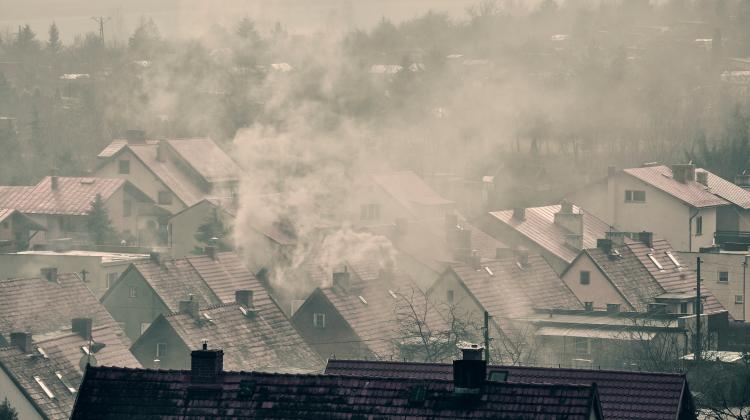Society Needs to Embrace Death Anew
 Credit: Fotolia
Credit: Fotolia
A Polish academic says that rather than be afraid of death, people should embrace it.
Professor Józef Binnebesel from the Nicolaus Copernicus University in Toruń and creator of a trend known as thanatopedagogy which deals with perceptions of fear of death, said that whereas in the past caring for the dying was ‘woven into life’, today’s society ‘pretends it doesn’t exist.’
He said: "The essence of civilization development is not how many motorways we build, but how we care for the elderly and the dying.”
During his research, the ‘death educator’ found that in a world of coronavirus, where people are unable to attend funerals in large numbers or visit sick and dying family members, there may in fact be a sense of relief.
He said: “Recently, I had a call from a mother who cannot be with her dying child, because the hospital is closed to the families of patients.
“People have always had this need for someone to be with them at the time of death.
'But the question is, do we really want to accompany the dying? Deep down, are we not relieved that we have an excuse to keep death out of sight?
“Meanwhile, the dying may need our company. Maybe this is an opportunity for such issues to enter public awareness?”
He added that whereas the death of loved ones used to be woven into life with children looking after sick family members, helping them and being by their sides in death, now that nuclear families are increasingly more common, the topic of death is avoided, people pretend that death does not exist.
This, he says, is the remote control syndrome: if you don't like the topic, you change the channel.
He said: “But because of that we are no longer familiar with dying. We have no examples to learn from. We have to embrace death again.”
He added: “Death is the only thing that is certain.”
PAP - Science in Poland, Ludwika Tomala
lt/ agt/ kap/
tr. RL
Przed dodaniem komentarza prosimy o zapoznanie z Regulaminem forum serwisu Nauka w Polsce.


















